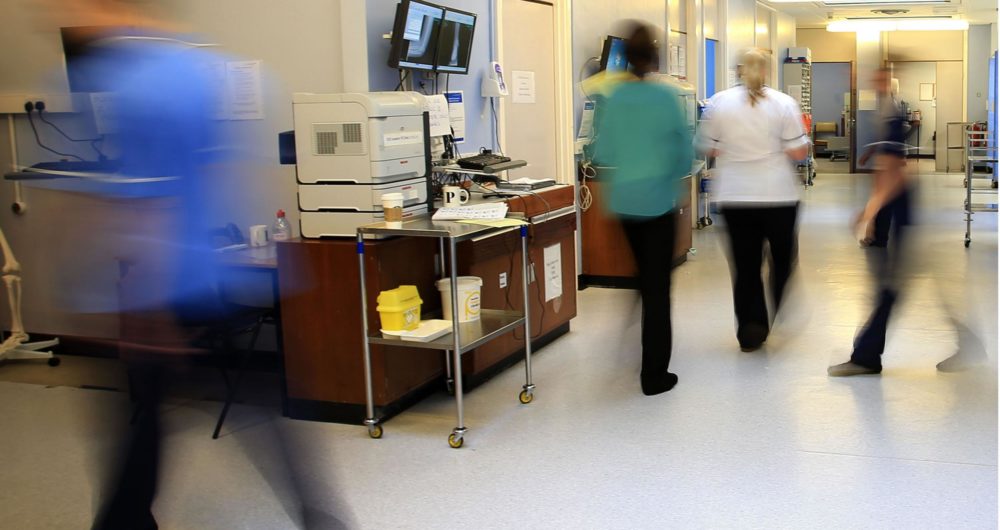A university student whose testicles became twisted was forced to have the right one removed after medics failed to act fast enough, an investigation has found.
The Healthcare Safety Investigation Branch (HSIB) said errors in the care offered to the 20-year-old, known only as Ryan, including by GPs and hospital medics.
The HSIB has now called for greater awareness of and speedier diagnosis of the condition testicular torsion, which is a medical emergency.
Testicular torsion occurs when the testicle twists, cutting off the blood supply and resulting in significant pain.
If it is not diagnosed and treated promptly, it can result in the loss of a testicle.
Torsion mainly affects young boys and teenagers but can affect men of any age.
The report said Ryan woke in the early hours one Friday with intense pain in his right testicle and lower abdomen.
He called NHS 111 and was told to contact his GP.
Ryan made five calls to his local GP surgery from 8am but was not called back until just after 11am.
The delay was caused by an incorrect telephone number being held for Ryan on his electronic patient record, and an appointment with another patient that took longer than expected.
Ryan described his symptoms and the GP immediately suspected a testicular torsion, telling him he must go to A&E straight away.
After arriving at A&E, Ryan was not seen for a further two-and-a-half hours and was then diagnosed with inflammation of the testis and given antibiotics.
Over the following days, Ryan continued to feel severe pain and was cared for by his family.
A GP at his mother’s surgery advised him to continue with the antibiotics prescribed by the hospital.
But after experiencing ongoing pain for two more days, Ryan was eventually seen by another GP who referred him to the urology emergency clinic at a local hospital.
Later that day, Ryan attended the clinic and a urological surgeon diagnosed a suspected testicular torsion.
Ryan then underwent emergency surgery, under anaesthetic, to examine his testicle.
His right testicle had to be removed as the loss of blood supply had caused tissue death.
The investigation found that questions used by call handlers for NHS 111 were not sufficiently adequate for spotting testicular torsion.
They have now been amended to increase detection in men up to the age of 25.
A series of other recommendations have also been made.
Dr Stephen Drage, HSIB director of investigations and an NHS consultant said: “‘Testicular torsion is a time critical condition where rapid surgery can prevent significant complications.
“Torsion may also mimic other conditions, making it difficult for health professionals to tell between different causes of testicular pain.
“Our investigation makes recommendations that will help health professionals to make the right decision at the right time to ensure access to rapid surgery where necessary.”
Ryan said: “Experiencing testicular torsion and then having an operation to remove my testicle has had a big impact on my life.
“At the time, I felt really distressed at the intense pain and not knowing what was wrong.
“After the operation, I was frustrated that there had been delays in my care and that I had to miss so much of my university studies.
“I now worry about the future – the effect it could have on my fertility and asking myself if I want to go through another surgery to have a prosthetic fitted.
“This is my personal experience, but I think that torsion itself and then losing a testicle could affect a man’s well-being in so many ways.
“I was really glad HSIB looked at my case in depth. I had the opportunity to tell my story and have been involved all the way through the investigation.”




